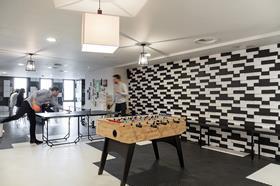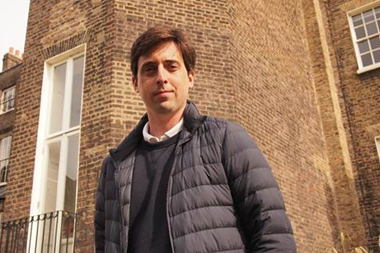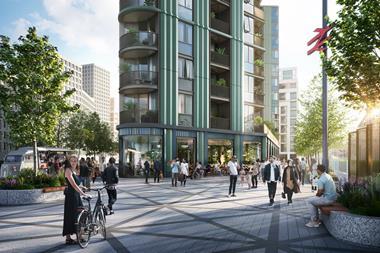As millennials and generation Z take an increasingly flexible and entrepreneurial approach to their lives and careers, how can we make sure that the property market is futureproofed for the co-working generation?

As millennials and generation Z take an increasingly flexible and entrepreneurial approach to their lives and careers, how can we make sure that the property market is futureproofed for the co-working generation?
Research shows that millennials are increasingly choosing to invest savings into life experiences rather than a bottomless housing deposit pit. Yet society and the government still place huge emphasis on the homeownership dream. Whilst many do still see this as one of life’s key milestones, there is a growing demand for high-quality homes for younger generations who don’t necessarily want to put down permanent roots or may never have the financial means to do so.
As a sector, we must ensure that we are providing the right housing options to future-proof the country for generations to come as well as the longevity of our businesses. That’s why I am so interested in the rise of iPRS (Institutional Private Rented Sector) and particularly co-living. Whilst still a relatively new concept with a London-centric bias, it provides a modern, urban type of accommodation where ‘home’ becomes a place to share resources, living space and hang out with like-minded people.
Flexibility across society
As millennials grow to expect more flexibility in their office spaces, their working hours and their technology, you can see how this concept is gaining traction. At The Blackmore Group, we see this as a huge potential opportunity for future generations, which is why we are working closely in shaping the future of this sector with two JV partners to deliver a £1bn portfolio of iPRS (Institutional Private Rented Sector) and c-Living projects throughout the UK.
Typically, the accommodation on offer in co living environments will provide better value accommodation than comparable (traditional) one bedroom and studio apartments

The Collective has already proved the model works, as it plans expansion into international markets, and I believe it’s only a matter of time before co-living becomes a go to option for the Smartphone generation.
Of course, co-living won’t be for everyone, which is why a concerted effort on iPRS is required to ensure it’s no longer seen as the poor relation to owning a home.
The seismic shift towards renting isn’t something the sector can control on a macro level. Market drivers of supply and demand are pricing out younger buyers with less savings and the cost of renting in key economic areas with strong career opportunities is sky-rocketing. For many, renting will be the reality for life, but I don’t see any reason why it should be seen as a failure to ‘get on’ and that’s why we’ll be continuing to invest in schemes which provide more opportunities for young people to live in high-quality homes in thriving places.






























No comments yet